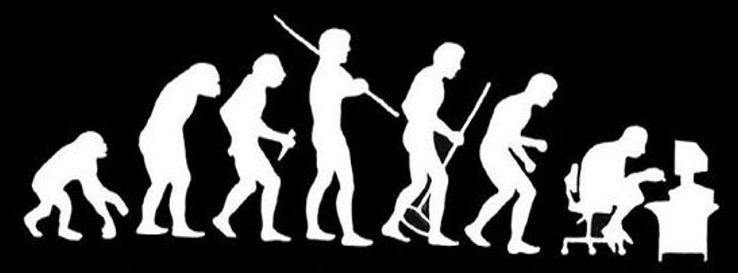As a high-performing Entrepreneur Owner-Manager, do you ever wonder to yourself, “Hmm…will I ever get this business to achieve a wealth creation event, someday? It sure would be nice to think that all my passion, effort, sweat, (not to mention cash) I have risked in this business would result in a capital gain where I could get some significant chips off the table, and transition out my day-to-day responsibilities to my team. Now that would be a great goal to achieve.” Wouldn’t it?
Or would it? For seasoned, successful high-performing EOMs, does the fun and flourishing in life come from achieving goals or striving for goals? Can our entrepreneur’s life arc mature to the point where we achieve a wealth building transaction, and then possibly take another step forward into a whole new arc of achievement? I believe it can. Yet, every single friend/client of mine who has had a cap gain transaction entirely underestimated just how much upheaval, sense of loss, change in role, loss of purpose, and confusion of identity happened after a successful wealth creation transaction. And the identity change isn’t for merely the owner-manager—it is often an identity change for the entire family. An EOM’s whole community of relationships will change. These are issues to be taken seriously. It is hard work and it’s challenging but it’s worth it to be painfully honest with yourself now, to think through issues in advance that will so unmistakably affect the future quality of your long life.
What I am saying is this: since medical technology is changing at an exponential rate, it’s likely you will live a long time—much longer than you thought. If you are 45 or 50, you may just be reaching middle age. Literally.
The traditional concept of freedom from work, having no work to do, has been a persistent ideal throughout human history. Yet even Aristotle said the two most prevalent causes of human misery are these: one, not having the right sort of work to do that calls upon one’s abilities and develops oneself; and two, having time on one’s hands to kill or burn. The happy individual then, in the Aristotelian definition, is one who enjoys the work he is doing, and has no time to kill or burn.
This is consistent with our experience—for an owner-manager to have a successful capital gain transaction, he must have clarity on what he will be striving for in the next chapter. Why? Because, if the capital gain is the “end of striving,” could that be the end of fun, the end of well-being? It must be seen as the end of this chapter of striving and now the owner-manager’s attention and energy properly goes to the next chapter of striving for purpose and meaning, learning, growing, giving.
In finance, the difference between the future value and the present value is known as “discount.” In positive psychology, the difference between where you ideally want to be in your life compared to where you are today is called “discrepancy.” Regardless of whether you think discount or discrepancy, do you have a plan for what the next chapter will look like for you personally and how it will advance you towards where you want to be? If so, great. But if not, it is essential to have one before embarking on an engagement to capture a capital gain.
Experience shows if you are mentally prepped for the “Simultaneity of the Personal Transition and the Professional Transaction,” your transition will be powered by the positive energy from your prospective view, and this clarity of insight will benefit your decision making to an optimal outcome in the best interests of you, your stakeholders, and your legacy.

I wrote the original version of this post as a brief “mental download” on themes I was thinking about in 2012. It turned out, judging from email response, to be one of the most provocative posts on the whole site. Evidently, for EOMs, thinking about what’s in the next chapter makes some of us feel challenged, and some even a little sad, but sad in a “Whoa, am I glad you reminded me of this” kind of way. The 2012 piece has been revised and edited here for clarity and brevity.
Produced and edited by Mari Lister.
Of Note: References and Further Reading:
Chalmers, David (1996). The Conscious Mind. New York, Oxford University Press.
Damasio, Antonio. (1999). The Feeling of What Happens: The Body and Emotion in the Making of Consciousness. New York, Harcourt.
De Botton, Alain (2000). The Consolations of Philosophy. New York, Random House.
Ericsson, K. A. (2016). Peak: Secrets from the New Science of Expertise. London, The Bodley Head.
Gazzaniga, M (2008). The Science Behind What Makes Us Unique. New York, Ecco.
Krishnamurti, Jiddu (1996). Total Freedom: The Essential Krishnamurti. New York, Harper Collins.
© 2024 Bigelow LLC. All rights reserved.

